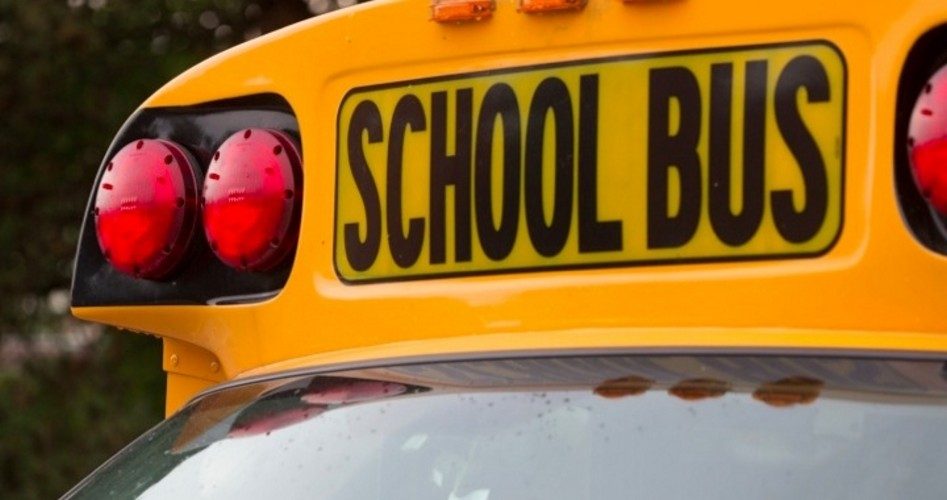
A Minneapolis school bus driver was fired from his job after someone complained about his practice of praying with students on his route. The Minneapolis Star-Tribune reported that George Nathaniel, who is also a Minneapolis area pastor, was in his second year of service with Durham School Services, the bus company under contract with the Burnsville-Eagan-Savage district. After receiving a previous complaint about Nathaniel’s prayers with students, the company gave him a warning and assigned him a new route.
“When Nathaniel continued to lead prayers on his new routes,” reported the Star Tribune, “Durham sent him a separation letter dated Oct. 30, saying: ‘There have been more complaints of religious material on the bus as well as other complaints regarding performance. In accordance with the previous final written warning you received, your employment is hereby terminated.’”
Nathaniel countered by insisting that he has done nothing wrong. “To fire a bus driver for praying for the safety of the children” is not right, he said. “I’m a preacher and that’s what I do,” Nathaniel told local radio station WCCO. “I ask the students ‘would they like to pray?’ and if they like to pray then they can [pray] themselves and then I will pray.”
Nathaniel explained that he has prayed on the job for the past two years. “We start out with a song,” he told the Minneapolis paper. “Then each person will pray if they want to pray. If they don’t want to pray, they don’t have to pray. Then I will pray and ask them if they want to join me in prayer. Just give them something constructive and positive to go to school with.”
Legal observers note that a 1962 Supreme Court ruling found it unconstitutional for public schools to encourage or lead students in prayer, “and a series of court decisions since then have upheld and broadened the ban on school prayer to include prayers led by any representative of a school,” reported the Star Tribune. The paper added that in 2000, “the court found that even student-led prayers over the school loudspeakers would be unconstitutional,” although that decision has been challenged as a violation of students’ First Amendment guarantees.
Teresa Nelson of the ACLU’s Minnesota franchise weighed in with her group’s secularist opinion, saying that “the school bus driver has the right to pray on his own time, but when he has a captive audience of kids on a school bus, that would violate the Establishment Clause of the First Amendment.”
The Establishment Clause states that “Congress shall make no law respecting an establishment of religion.” The intent was to prohibit the legislative branch of the U.S. government from establishing a state-sponsored religion along the lines of the Church of England. However, modern-day court interpretations of the establishment clause have extended this prohibition to other governmental entities including local public schools and have deemed even school prayer an establishment of religion.
Nathaniel said that he has prayed with students as a bus driver for years in Wisconsin and Georgia, and sees it as a way to encourage children in their faith. “We got to get Christians to be able to be Christians and not have to be closet Christians,” he said. “If you have something good, you are going to share it with somebody.”


